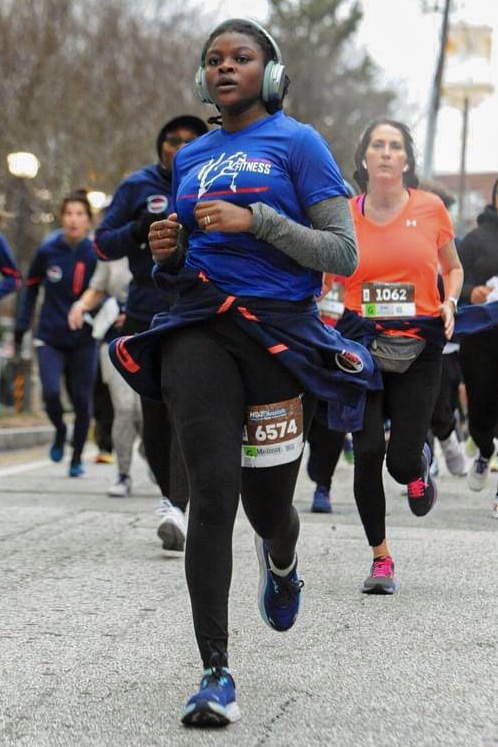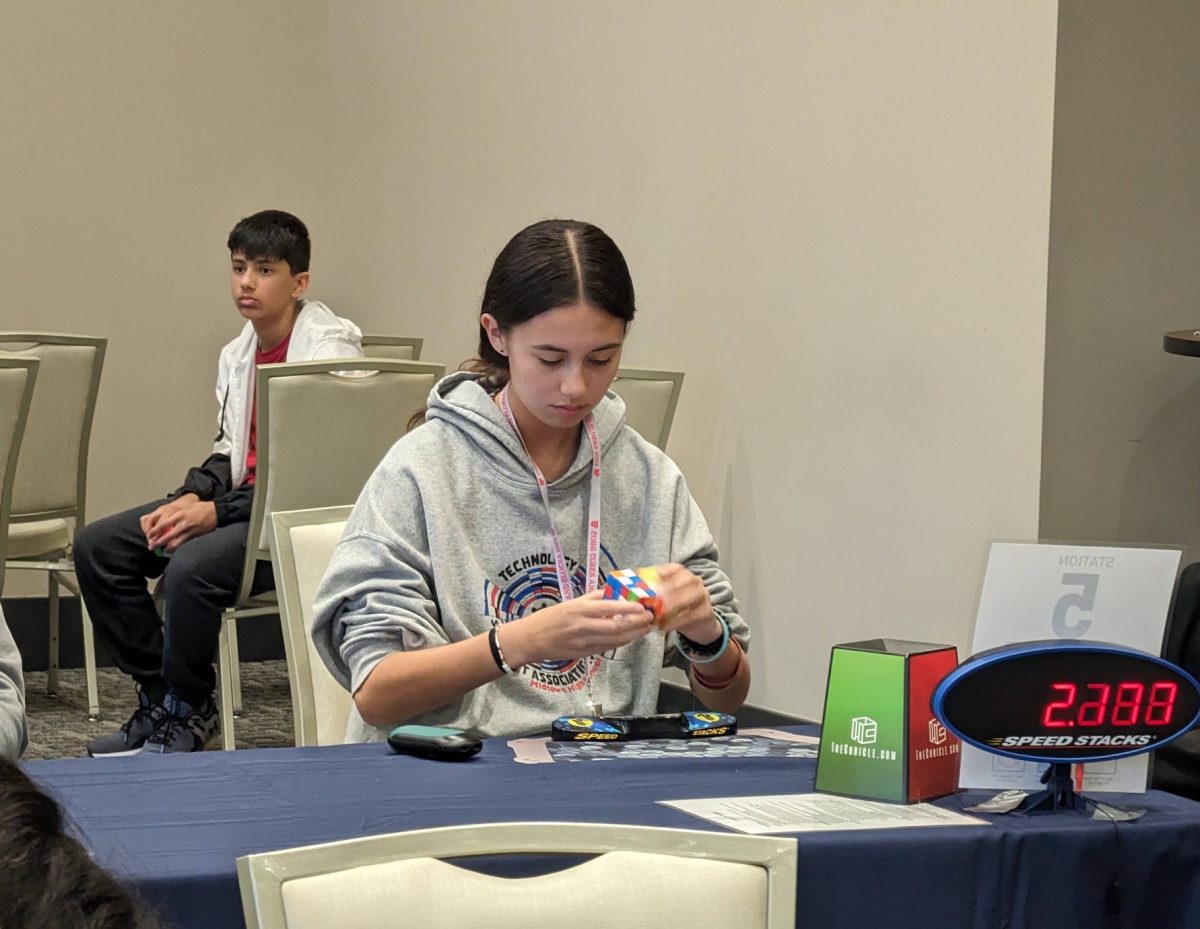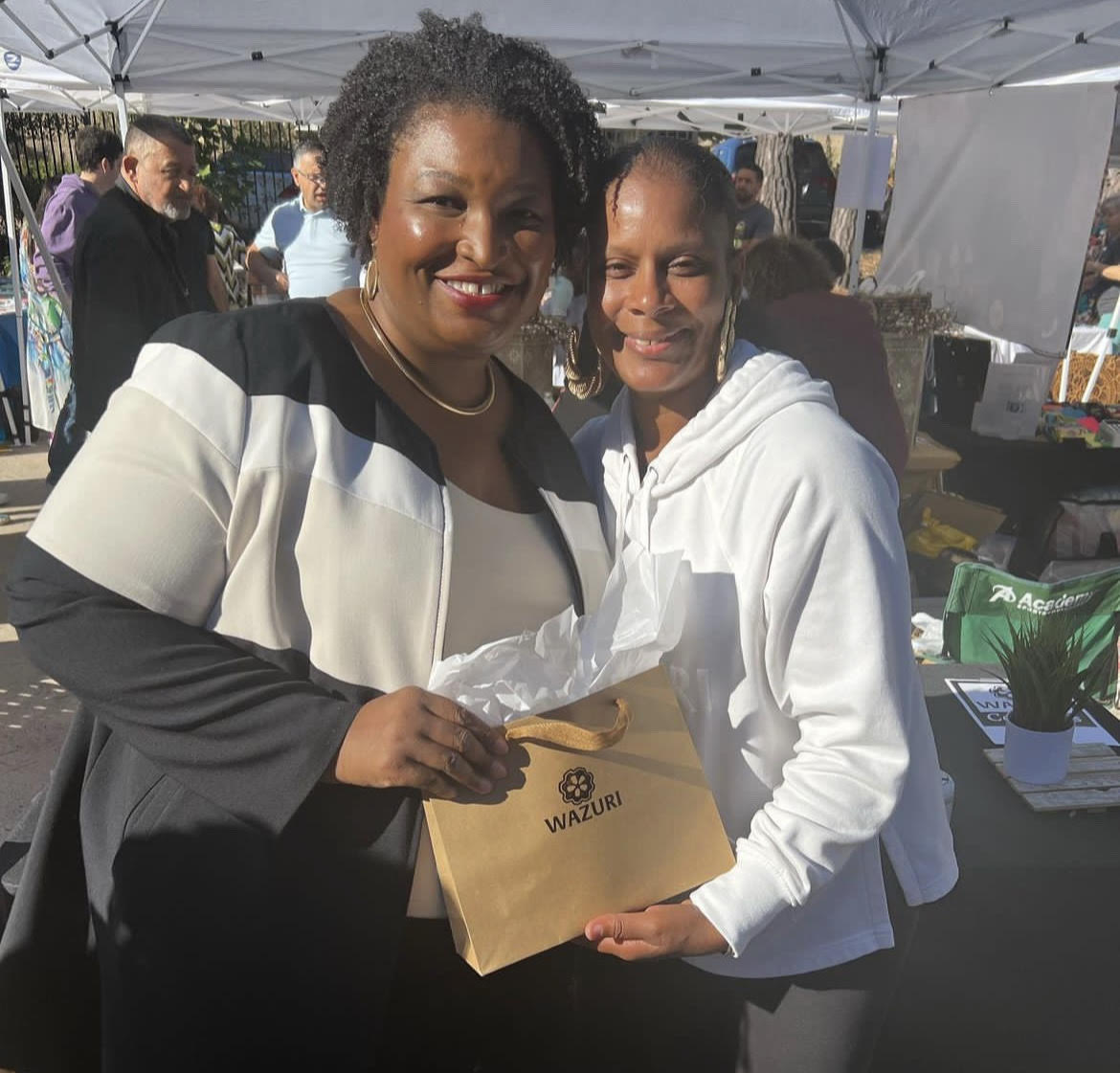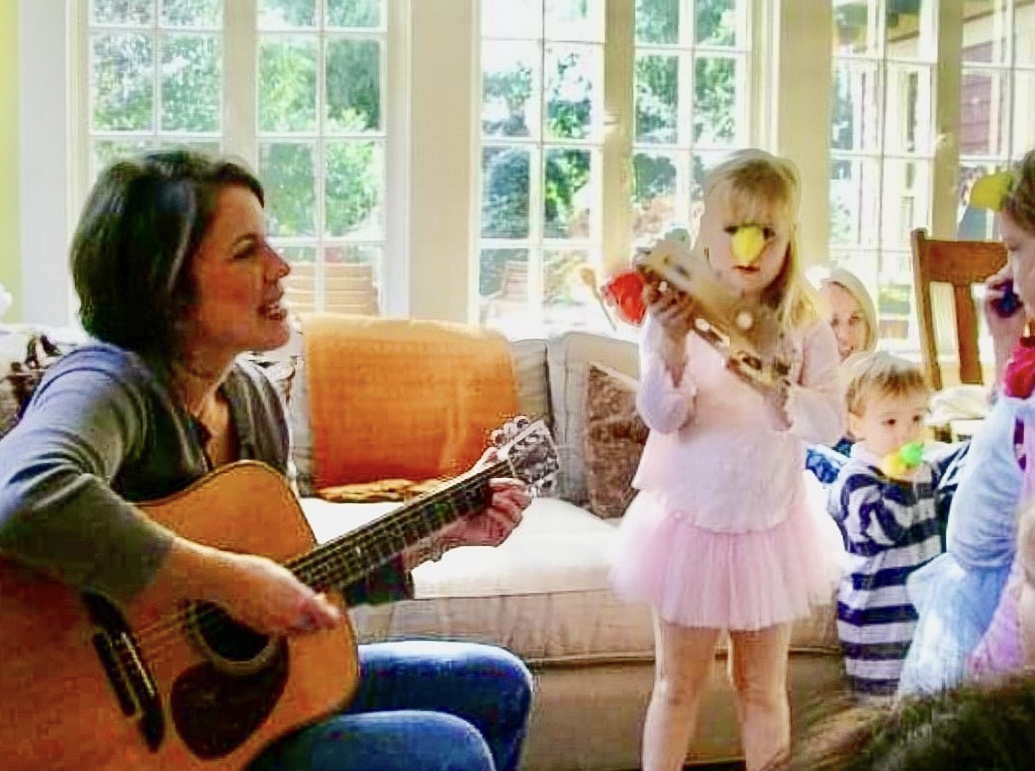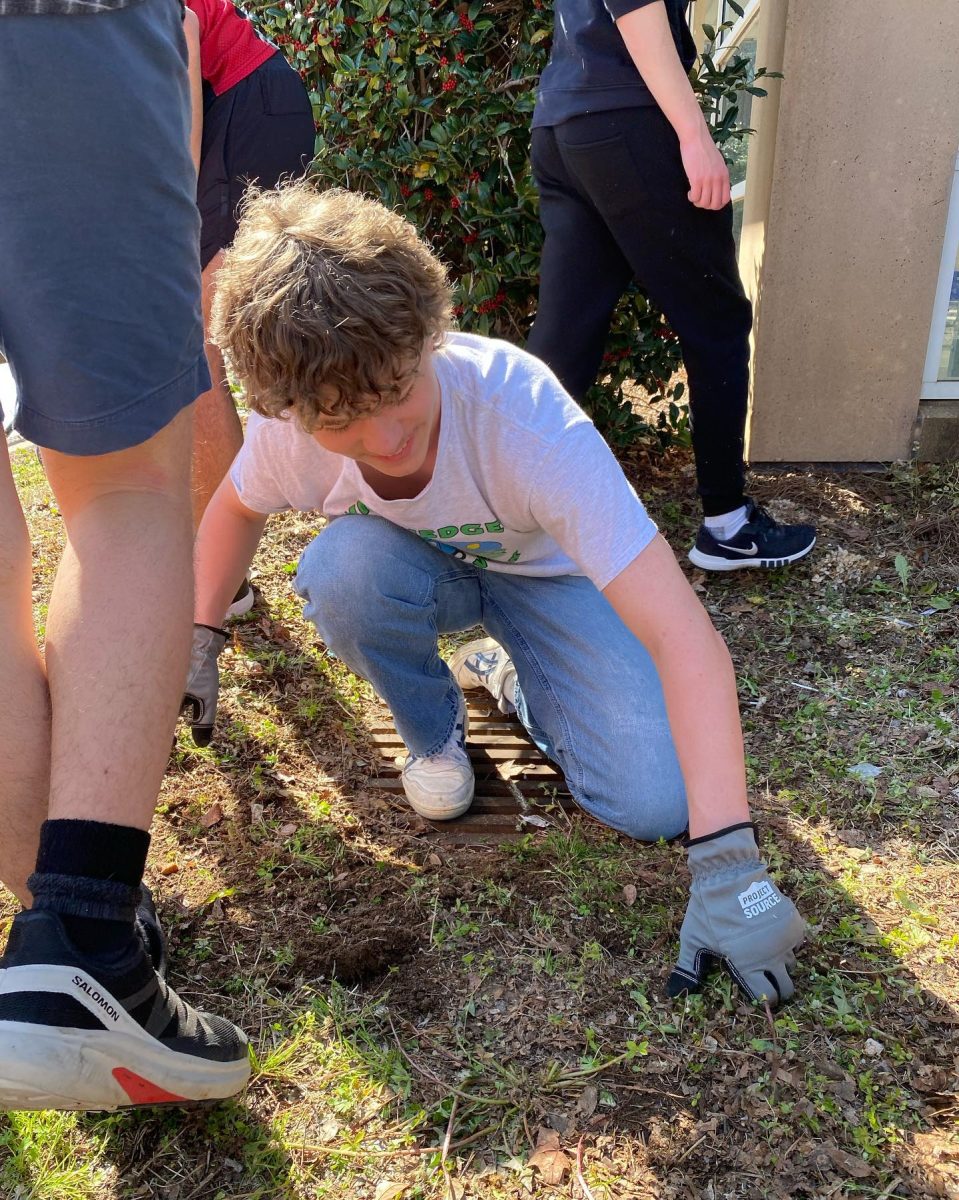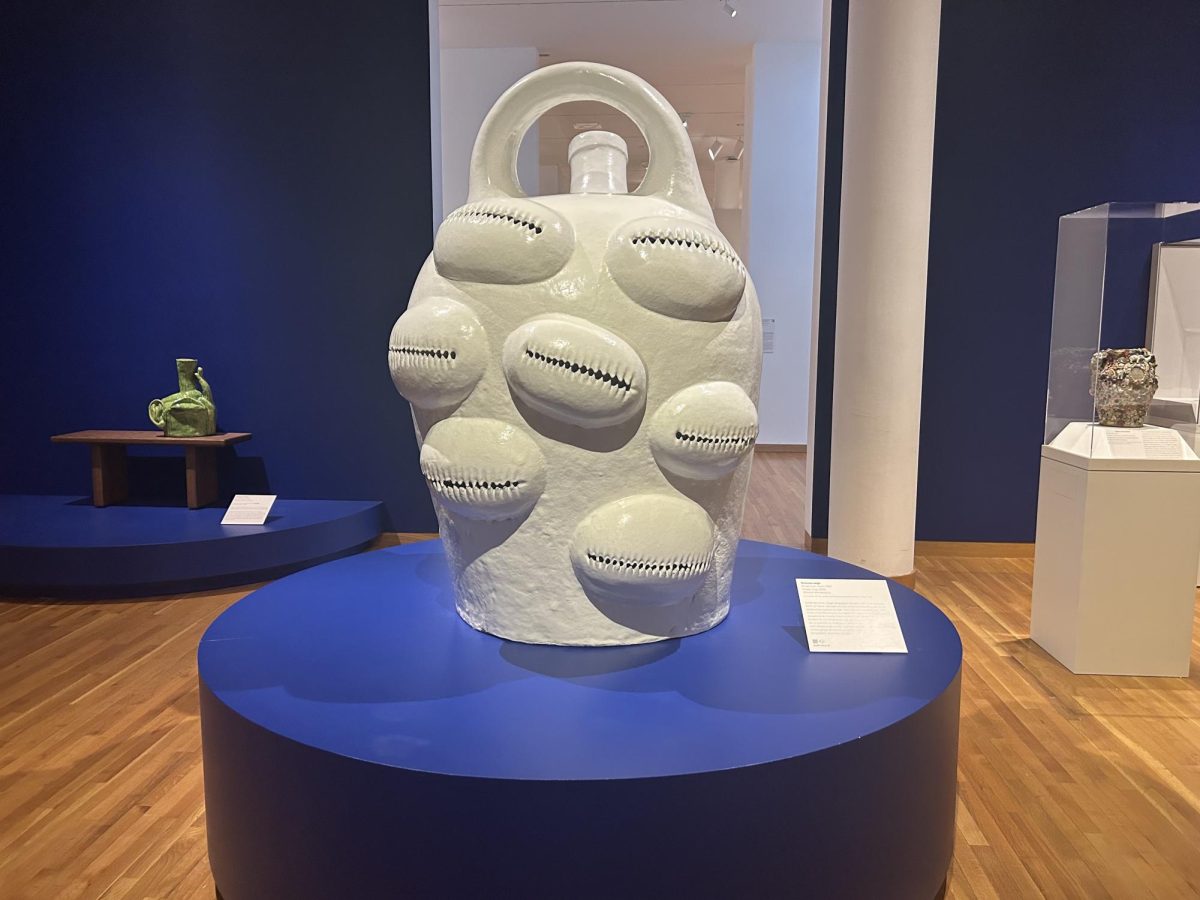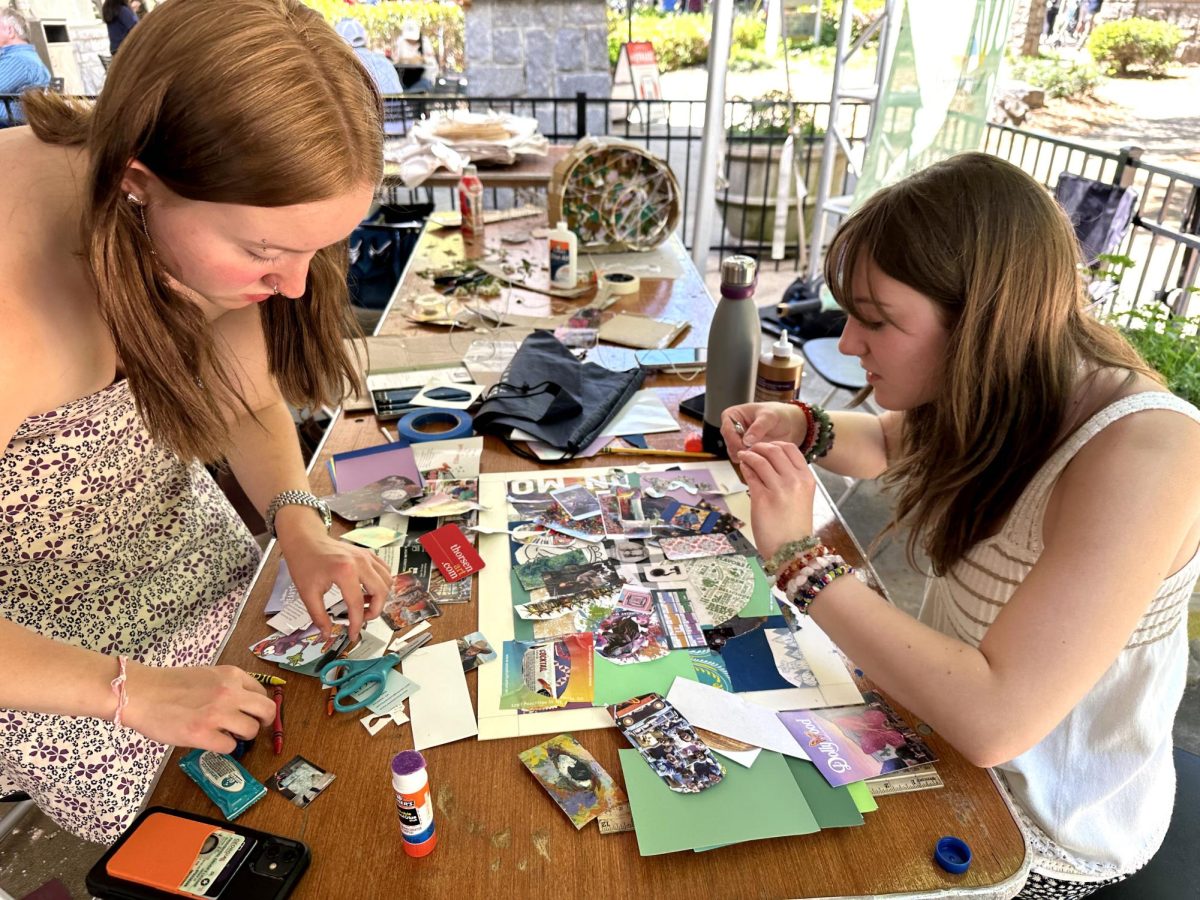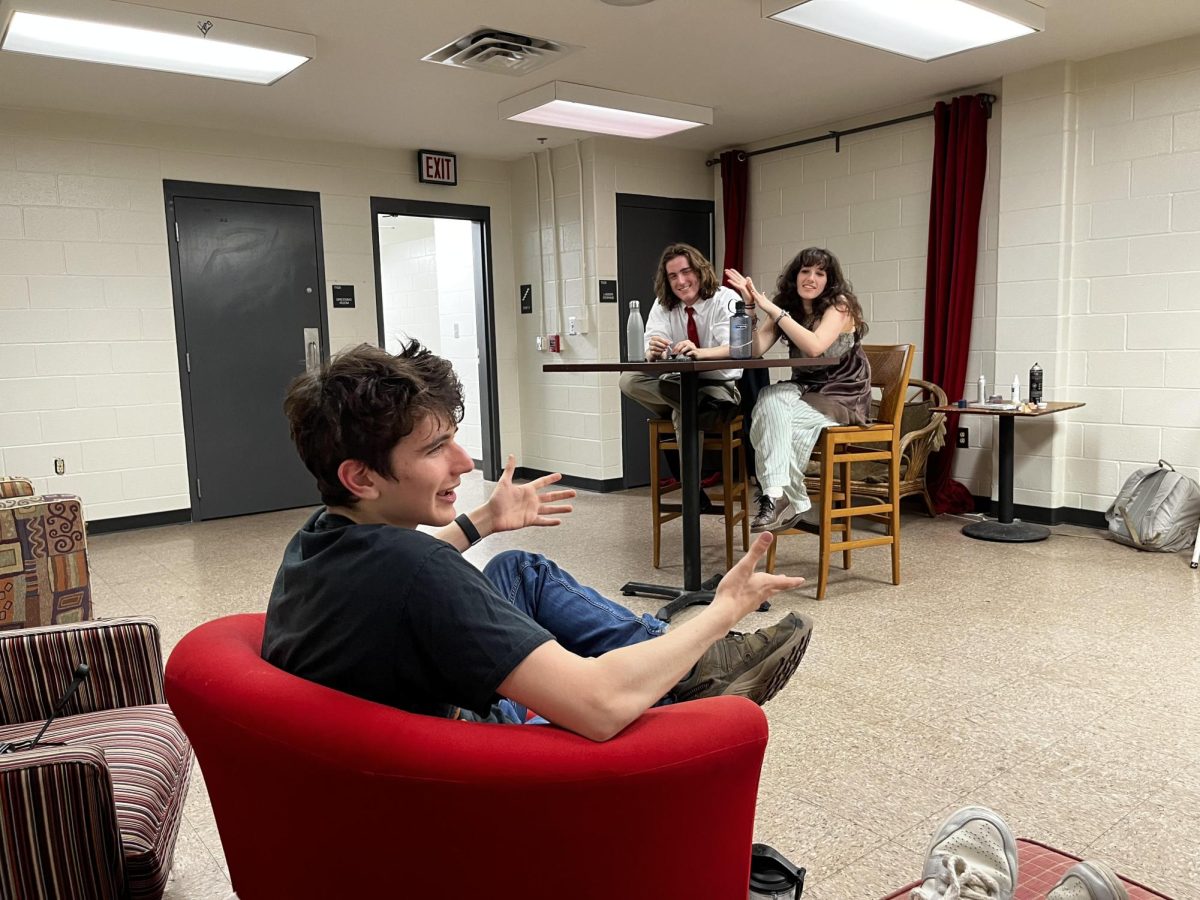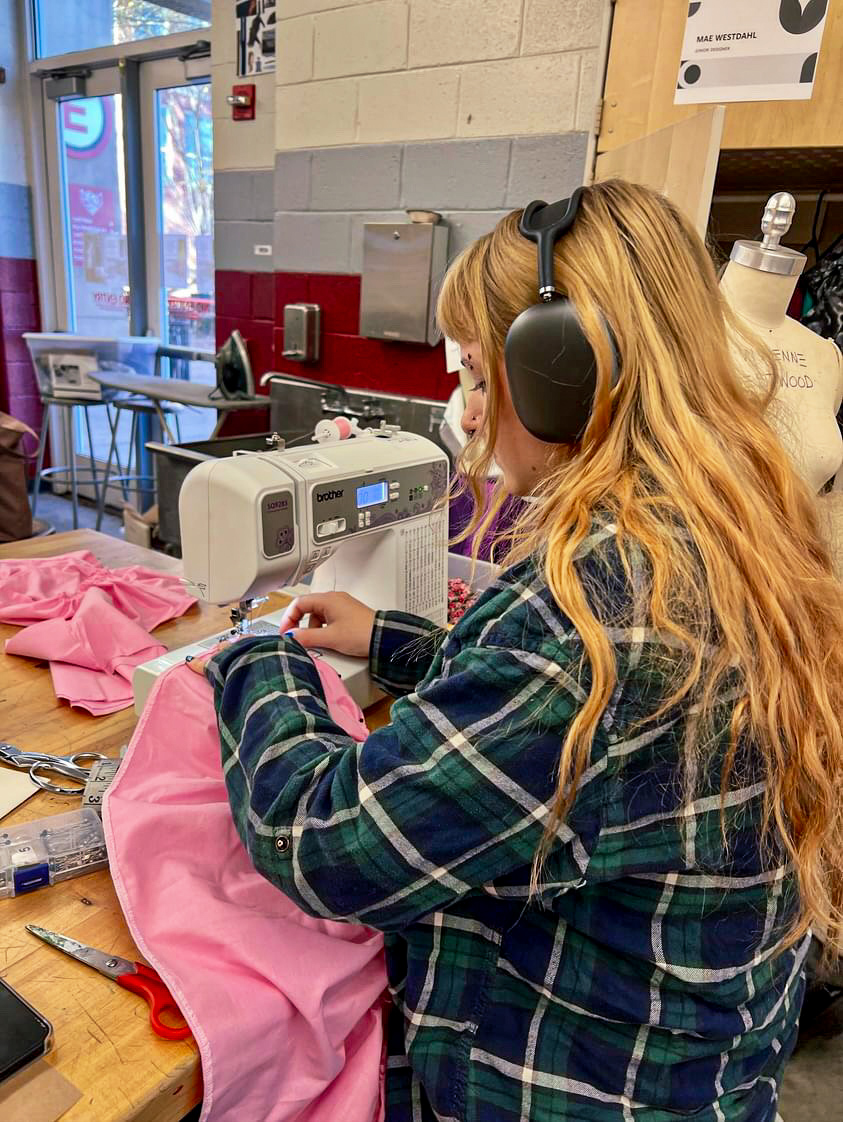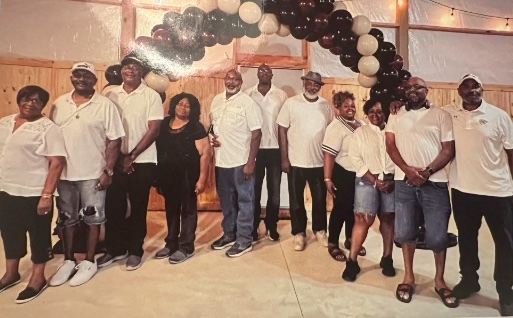
While students today can say their academic journey embodied support and positive learning, this was not the case for Midtown Career, Technology and Instruction Coordinator Martha Jones. During the climax of the Civil Rights Movement, Jones and her 13 siblings were the first black students to integrate Akron High School in Alabama, an experience marked with rampant discrimination.
“It was a small small city, a small school, and my family was the first black family at the school,” Jones said. “It was really rough for all of us. Every day at school we were harassed.”
With hopes of receiving a more prosperous education, Jones’ parents decided to send her and her siblings to Akron, the white school in their town.
“My dad only had an eighth-grade education, so he wanted his kids to do better than what he did; he wanted us to go to a better school,” Jones said. “There were two schools; they had a black school and a white school. The white school had all the resources, everything you would want. The black school didn’t have this, so that’s why we integrated into the school, and it was really bad.”
At school, Jones and her siblings experienced perpetual harassment from peers and parents.
“I’d play with my sister because we didn’t have any friends to play with,” Jones said. “So, the white kids would go across the street, get their dog, and they would stick the dog on us. I was scared as a little child, especially when they used to bring those dogs out. They used to do that every other day. The dog would bite, and I’d be stuck up on the jungle gym or the slide. That’s why for a long time, I was afraid of dogs.”
Jones endured further discrimination from teachers by being unreasonably held back. Despite having identical grades to her twin sister, Jones was told to stay in her grade while her sister moved up.
“They did everything they could to make us leave the school,” Jones said. “I was always smart; we were always smart people; one of my sisters ended up being the valedictorian of her class. They held me back because they thought they would make us leave the school. But we didn’t leave.”
Though Jones continued to go to school after being held back, she and her twin sister Mamie Jones found it challenging not being in the same grade.
“That was traumatizing in itself having to separate from my twin with all of these other strange people in the classroom and just not having my twin there with me having to deal with it all as well,“ Mamie Jones said.
Jones said she experienced backlash from members of her community when interacting with her white friend.
“When we rode the bus, the bus attendants saw me sitting on a seat with her [Jones’ white friend] and told me I could not sit on that seat, and I had to sit in the back of the bus,” Jones said.
Through her experience, Jones said she received support from her parents.
“My dad and mom were always saying don’t let anybody discourage you, just keep your eye on the prize, just do the right things, and things will work out,” Jones said. “They were very encouraging. I mean, my father and mother were the best parents that you can have.”
Herbert Jones, Martha Jones’ oldest brother, said their parents always encouraged him and his siblings to be forgiving, despite the hardships they faced.
“My father always told us that there is no one on the face of this earth that is better than us, and we are better than no one,” Herbert Jones said. “I’ve carried that throughout my life; I look at a person as no matter how they treat me as a human being, it doesn’t matter the color.”
Although it was often challenging for Jones and her siblings to go to school, their support for one another helped them persevere.
“We could have very easily given up on our education, but we didn’t,” Jones said. “We could have just literally given up hope, it was so brutal for us. But everybody pushed through it. I think our family dynamic was such a good family dynamic, so I think that definitely helped us endure what we were going through.”
Mamie Jones said their educational experience strengthened their family relationship in some ways.
“It was a reality, but it just made everybody stronger,” Mamie Jones said. “We knew we were not idiots; we knew we were smart.”
Although Jones’ educational experience was difficult, she said it has shaped who she is today.
“I learn from my experiences; that’s what made me such a go-getter,” Jones said. “My family, there’s 14 of us, all of us went to college; we all got advanced degrees.”
Jones said that while her situation was far from ideal, she tried to make the most out of what she had.
“I took advantage of every opportunity because my dad and mom always told me you’ve got to do what you have to do to move forward,” Jones said. “Don’t let anything stop you if that’s what you want to do. Go for whatever you want.”
Jones said she hopes students can take advantage of the opportunities they have.
“I tell kids all the time, there are resources out here,” Jones said. “I mean, there’s so many opportunities out there for you to use, you’ve got to jump on it because I didn’t have it. I mean, you have to make way; there’s nothing that you cannot do.”
Jones said it’s important for students to understand the Civil Rights Movement and its lasting impact.
“I think kids don’t understand how bad segregation was, and how bad that people had it before,” Jones said. “I think it’s very important that they understand the past; that way they can move into the future. When they go get a job, they’ve got to understand that everybody’s watching. Again, education is so important. That’s why I was so determined, as a young person, that I want to get my education; I want my daughter to have more than what I had.”






